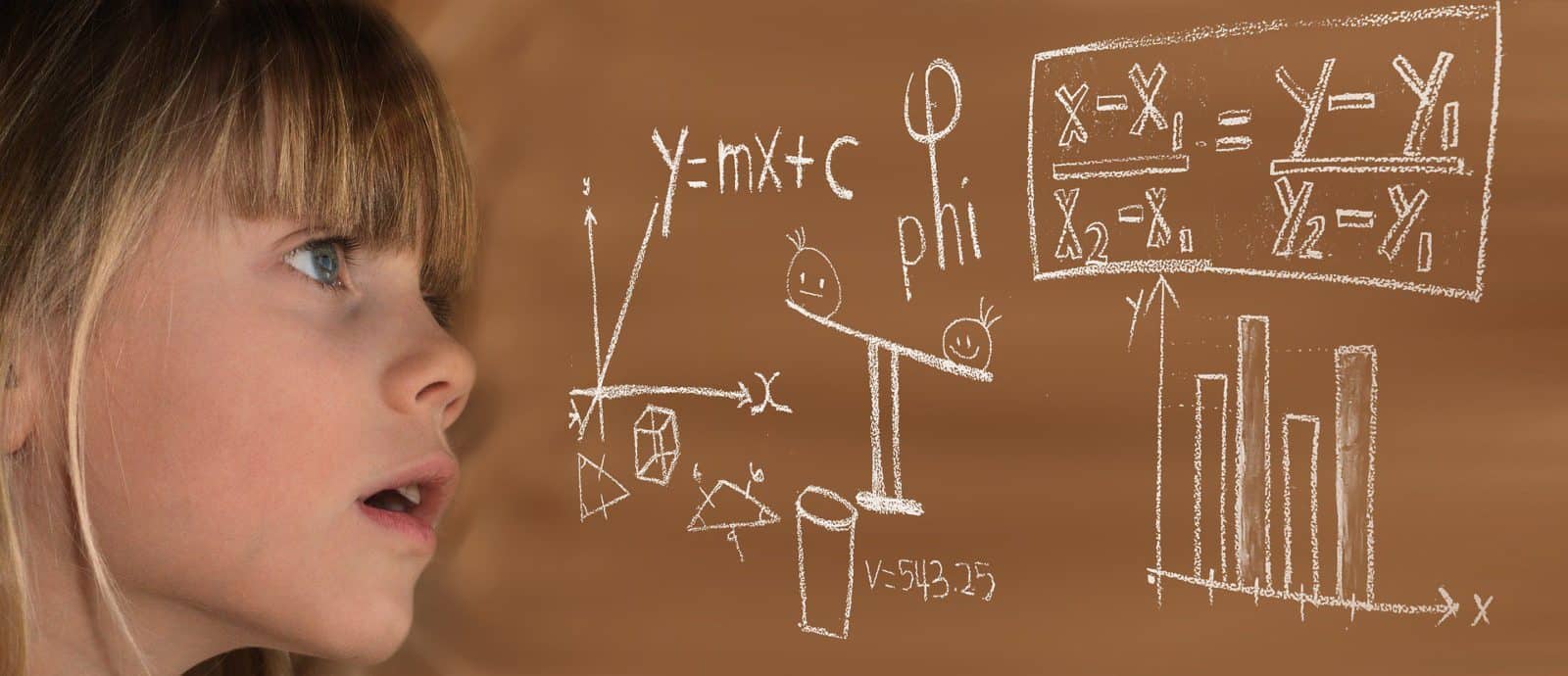Have you ever wondered what motivates thoughts and behaviors in children? Our understanding of human nature and child development is continually advancing but all children are different, and no one has all the answers. However, a few recognized theories can provide useful insights on early development that will help you better care for children. During our early years of infancy through childhood, we develop the basis of our intelligence, personality, social behavior, and capacity to learn. Four theories are worth reviewing and include attachment, psychosocial, cognitive development, and sociocultural theory.
1. Attachment Theory (Bowlby)
This theory centers around strong emotional and physical bonds that create a sense of security in a child. Bonds are established with caregivers who are available and responsive to an infant’s needs. Thus, the infant knows the caregiver is dependable, which creates a secure base for the child to explore their surroundings. Example: Six-month-old Jordan enjoys infant toys and interacting with others. Confident that crying brings help, Jordan responds to anyone and gets upset when someone stops interacting with him.
2. PsychoSocial Development Theory (Erikson)
In this theory, social development occurs in stages based on turning points in a person’s life including hope (birth to age 2), will (ages 2-4), purpose (ages 4-5), competence (ages 5-12), fidelity (ages 13-19), love (ages 20-39), care (ages 40-64), and wisdom (ages 65+). Example: Two-year-old Jennifer has recently begun squirming and saying “no” when her Nanny tries to secure her in her car seat. Jennifer has begun to develop a sense of self, separate from her caregivers. Her Nanny must consistently set limits and follow through with Jennifer, to keep her safe and secure while riding in the car. The Nanny can increase Jennifer’s willingness to comply by providing specific praise along with allowing Jennifer to pick a special toy to hold whenever she gets into her car seat without resistance. Selecting her own clothes will also help Jennifer gain more independence.
3. Cognitive Developmental Theory (Piaget)
This theory is based on a four-stage model describing how the mind processes new information. The stages are sensorimotor (birth to age 2), preoperational (ages 2-7), concrete operational (ages 7-11), and formal operations (ages 12+). Example: Five-year-old Zachary is still egocentric and struggles to see the perspective of others but is starting to think symbolically and use words to represent objects. Zachary loves reading and is building a foundation of language. At this stage, caregivers should continue to read books daily, encourage pretend play, share logical thinking. By explaining that it’s wintertime as grandma’s house and thus, a coat is needed will help Zachary, who lives in Texas, understand why a coat is being packed in the suitcase.
4. Sociocultural Theory (Vygotsky)
This developmental theory evolves from children’s interactions with tools and other people in their social environment. Community, culture, and interactions are key to child development and learning. Example: Seven-year-old Alex is struggling to solve a jigsaw puzzle. By interacting with an adult, Alex learns how to separate out the edge pieces, put together the border, and sort the interior pieces by color or design. By working with an adult, Alex develops skills that can be applied to future jigsaw puzzles.
There are other childhood theories that can help parents and other caregivers by teaching them how to spend more enjoyable time with their child, reinforce positive skills, monitor behavior and set limits, and reduce the use of harsh discipline methods. These essential caregiving skills help children develop pro-social behavior, self-regulation, and other skills they need to be successful in school and at home.
For more information about caring for children and nanny training, a Theories of Child Development course is available within the Professional Childcare Certification Program from the Nanny Institute.
 About the Author. Dr. Alaina Desjardin earned her Doctorate in Business Administration from Northcentral University, Masters in Public Administration from Ashford University, Master of Arts in Teaching and Special Education from New Jersey City University and Master of Urban Education from New Jersey City University. Dr. Desjardin is licensed in New Jersey as an Educational Principal, Education Supervisor, and Certified Teacher. Dr. Desjardin is also an adjunct faculty member of the US Nanny Institute, an organization dedicated to professional training and certification of elite Nannies, Au Pairs, Babysitters, and other childcare providers.
About the Author. Dr. Alaina Desjardin earned her Doctorate in Business Administration from Northcentral University, Masters in Public Administration from Ashford University, Master of Arts in Teaching and Special Education from New Jersey City University and Master of Urban Education from New Jersey City University. Dr. Desjardin is licensed in New Jersey as an Educational Principal, Education Supervisor, and Certified Teacher. Dr. Desjardin is also an adjunct faculty member of the US Nanny Institute, an organization dedicated to professional training and certification of elite Nannies, Au Pairs, Babysitters, and other childcare providers.


Recent Comments